September is REALTOR® Safety Month, a time when real estate professionals nationwide focus on the often-overlooked risks that come with their job. Whether you’re a homebuyer, seller, or just exploring the market, it’s important to know that your safety—and that of your REALTOR®—is a top priority. Here are seven essential safety practices that REALTORS® follow to ensure a secure experience for everyone involved:
- Pre-screening Clients and Meetings: Before a REALTOR® meets with a new client, they typically verify the client’s identity and gather basic information. This is why you might be asked to meet at their office or in a public place for the first time, rather than directly at a property. This precaution removes the uncertainty of meeting an unknown client and helps ensure that everyone feels comfortable and secure.
- Sharing Itinerary and Check-Ins: To enhance safety, many REALTORS® share their daily schedules, including property locations and client details, with colleagues or family members. They may also use smartphone apps to share their real-time location, ensuring that someone always knows where they are during appointments. This ensures both your safety as a buyer or seller and theirs!
- Trusting Their Instincts: REALTORS® are encouraged to trust their instincts. If a situation ever feels uncomfortable, they may reschedule or change the location of a meeting. Sensing danger early can keep everyone safe. This proactive approach ensures that your safety and theirs are never compromised.
- Safe Showing Practices: When showing properties, REALTORS® often make sure they’re not alone. They may bring a colleague, an assistant, or even the homeowner to a showing. This creates a secure environment for everyone involved, and they typically avoid showing vacant properties alone whenever possible. Under any other circumstance, you wouldn’t show up alone to an empty house to meet a stranger – would you?
- Maintaining Open Communication: Clear communication is crucial in protecting the safety of both buyers and sellers as well as the real estate professional on duty. REALTORS® establish protocols with their colleagues and brokerage, making sure emergency contacts are readily accessible. They might also use discreet signals to alert someone if a situation feels unsafe, so help is always close at hand.
- Staying Informed and Educated: REALTORS® are also encouraged to regularly attend safety training sessions and stay up-to-date with the latest safety practices. This includes self-defense courses and continuing education classes offered by many REALTOR® offices and SCCAR. By staying informed, REALTORS® are better equipped to serve their clients and to do so safely!
- Investing in Personal Safety Tools: Many REALTORS® also carry personal safety tools, such as mobile panic buttons, personal alarms, and smartphone apps designed for emergency situations. These tools provide an added layer of security, ensuring that they can quickly get help if needed. Such devices can be used to defuse or protect everyone involved from potential dangers.
While real estate offers incredible opportunities both to clients and agents, it’s important to recognize that the safety of everyone must be prioritized. By following these practices, REALTORS® protect themselves and their clients, creating a safe, secure environment for a smooth transaction and pleasant experience.
For more information about buying or selling a home, be sure to work with a REALTOR®, a member of the National Association of REALTORS®. Snohomish County Camano Association of REALTORS® is the voice for real estate in Snohomish County. If you have questions for The Expert about real estate email us at [email protected], or visit www.sccar.org for more information



